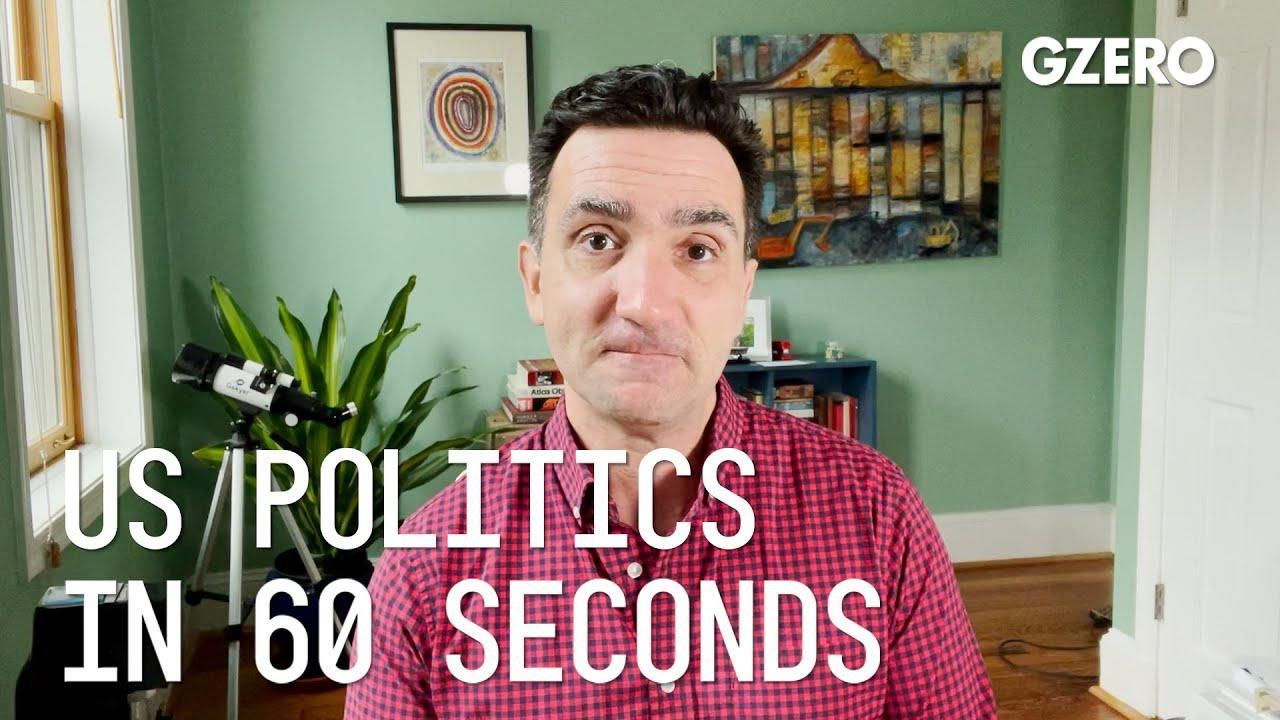
Jon Lieber, Managing Director of the United States for the Eurasia Group, shares his insights on US politics:
What specifics do you expect to be in Biden's "build back better" infrastructure plan?
Well, this is really a two-part plan. The first part Biden's rolling out this week, and it's focused mainly on infrastructure. Bridges, roads, tunnels, transit, the whole infrastructure smorgasbord, including on broadband deployment, as well as investing in things like rural hospitals, schools and upgrading buildings to be more energy efficient. Biden's proposed between $2 and $2.5 trillion depending on how you do the math, paid for by tax increases primarily falling on the corporate sector that actually spread out over 15 years, as opposed to the bill's spending, which spreads out over 10. That means the bill will be mildly stimulative to the economy on top of creating potentially new jobs through the direct spending that's going to happen.
The tax increases are focused largely on corporate America, higher corporate tax rate, changes in the way US taxes its multinational corporations, and other changes that come on the individual side, which will be primarily used to fund the second half of the plan, which is going to be focused on more of a human services element. These are things like education, healthcare, subsidies for daycare, universal pre-K, community college, and other things that the Biden administration contends have to be invested in to keep the American economy going. Now, these tax increases are going to be really controversial with Republicans, which means you're probably not going to see a lot of Republicans vote for this. But Democrats are pretty aligned around doing something big and meaningful in advance of the 2022 midterms. So both of these bills probably pass into law before the end of the year.
What's going on with the Georgia voter law?
Well, in the wake of a 2020 election, where President Trump claimed there was widespread fraud, Republican politicians are now moving across the country to roll back some of the expansions that were done during the coronavirus pandemic to make it easier to vote. In Georgia, this has meant curtailing the ability to vote on Sundays, it's meant requiring a photo ID, and it's meant limiting to some extent, the ability to apply for an absentee ballot. Most of these changes are rolling the voting rules back by a couple of years. This is not the apocalyptic changes that the Democrats have been claiming, but the Democrats are really motivated to stop all of this from happening because they want to open up voting and make it as easy as possible for their constituents to get out. They typically do better at higher turnout elections. Republicans typically do better in lower turnout elections.
So for Democrats this is really, for both parties, this is really considered an existential threat, and the voting rules are going to be a really important battleground over the next 12 to 18 months. At the federal level, the Democrats are pushing a bill, H.R. 1, that would fundamentally alter the way elections are conducted in this country, including by changing money in politics and eliminating partisan gerrymandering, by requiring each state to use a nonpartisan commission to draw the districts for the House of Representatives. If it passes, and I don't think it will because it would require today 60 votes in the Senate, but if it were to pass, it would be a big structural shift towards the Democrats in US elections.